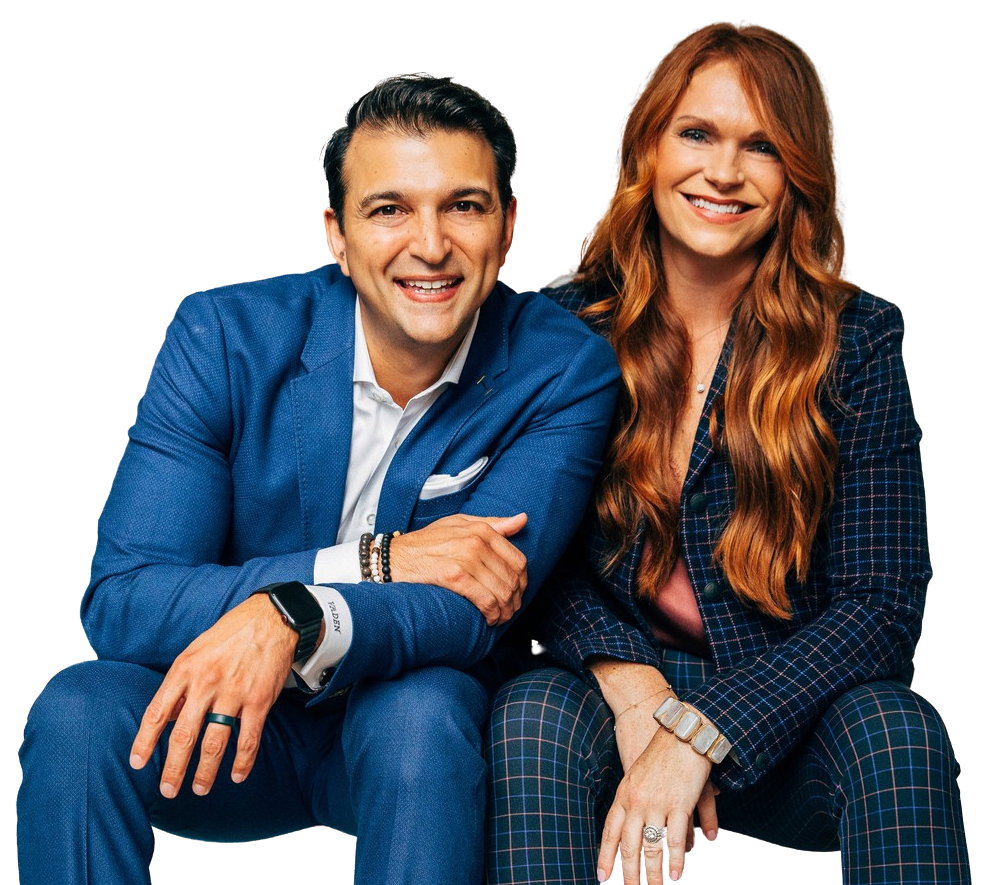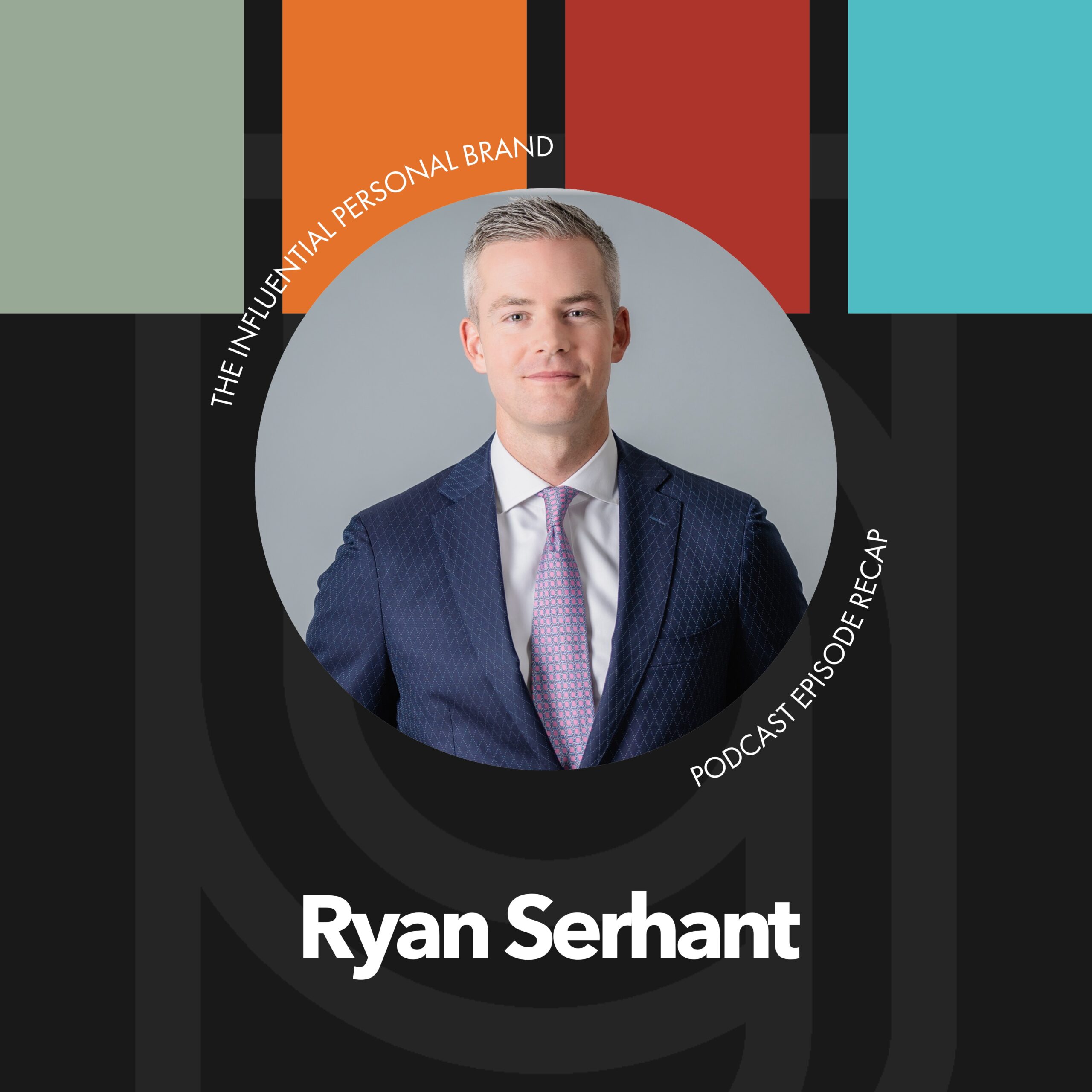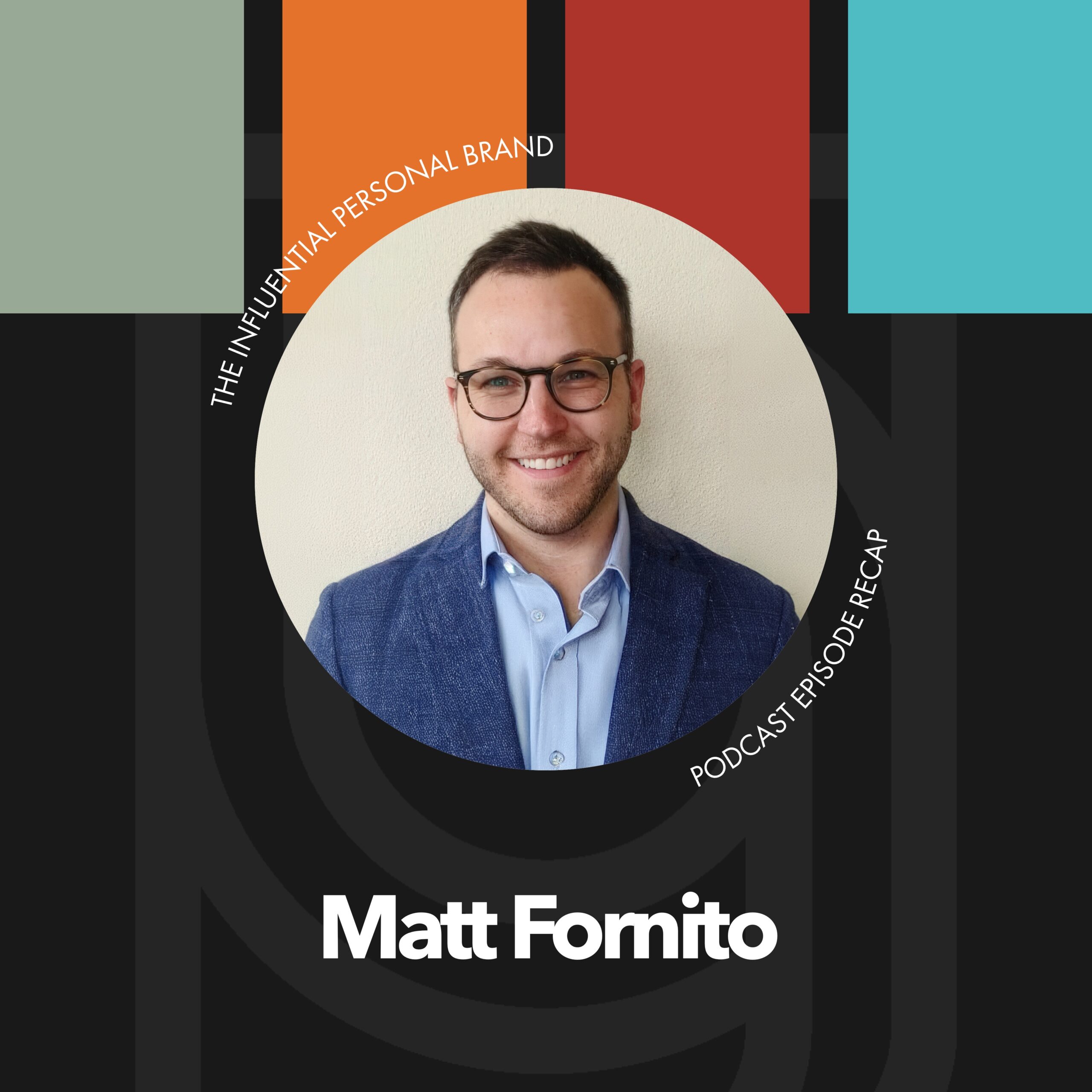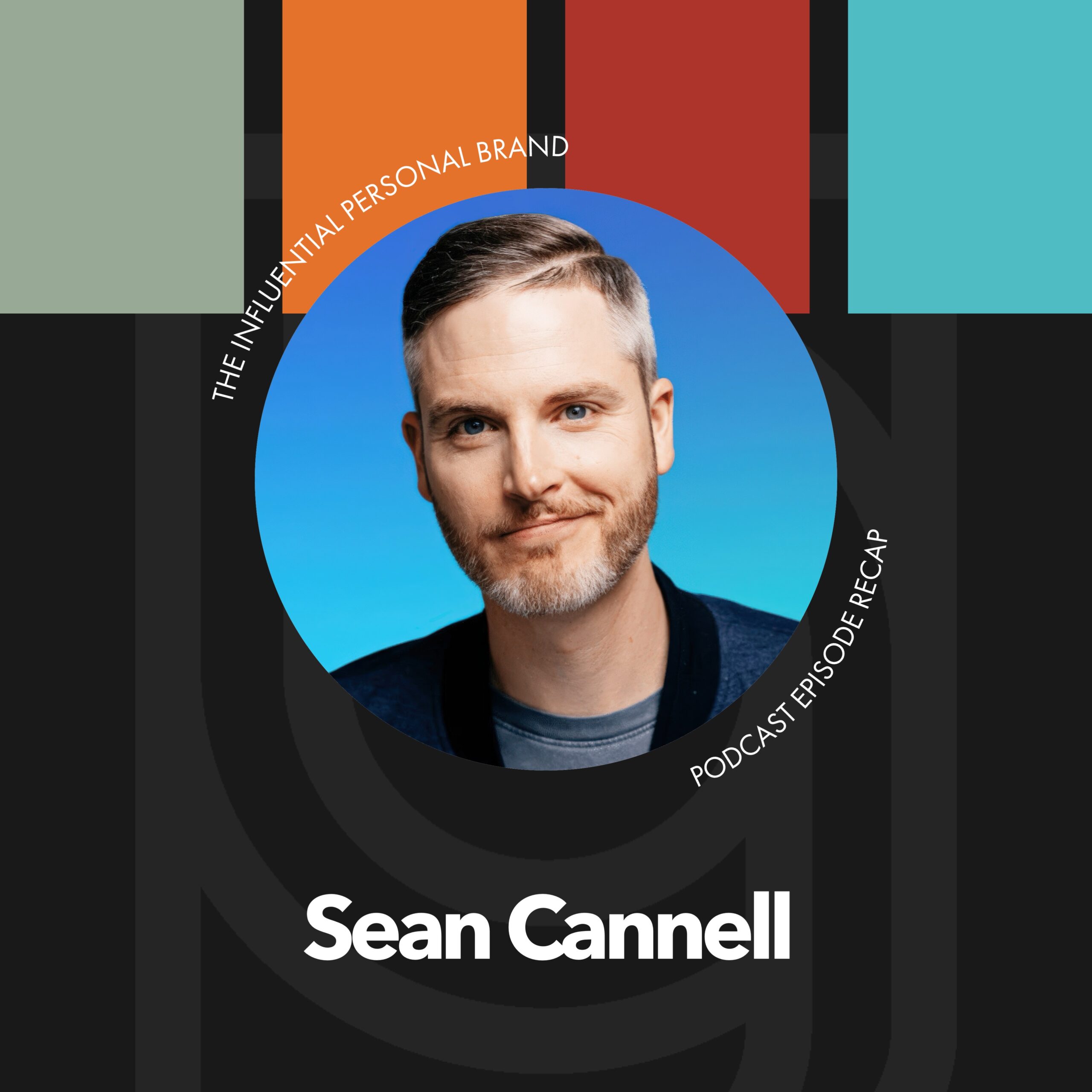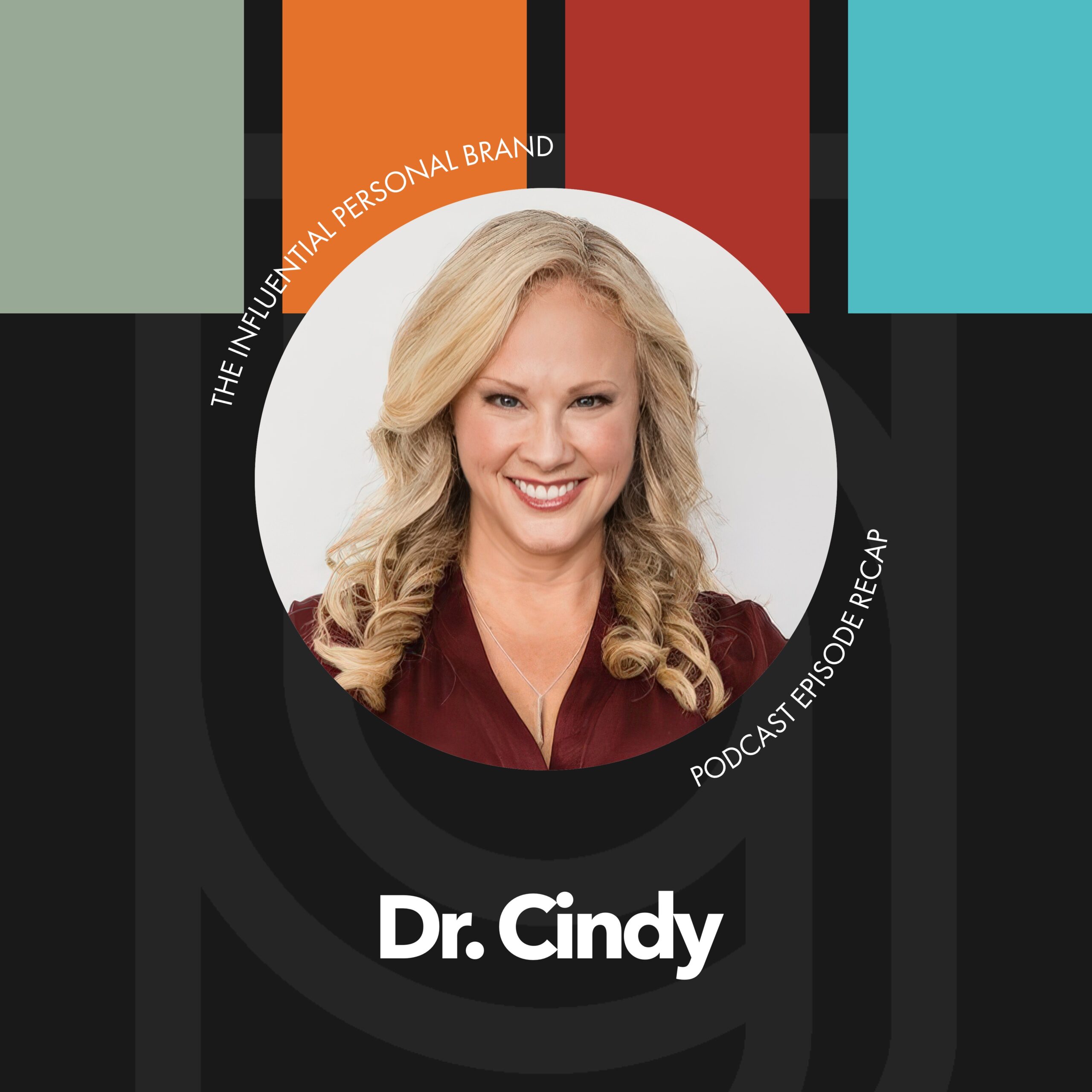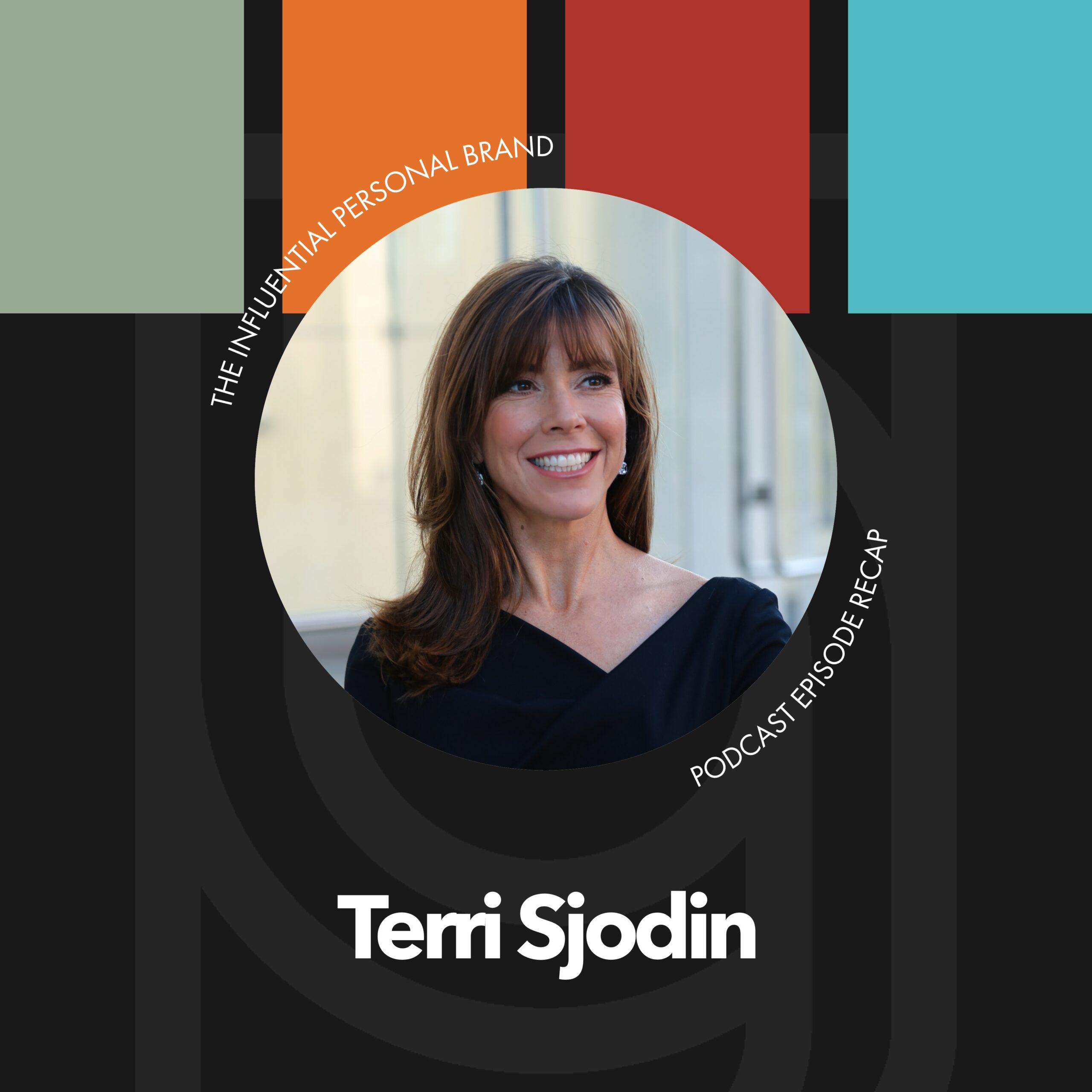AJV (00:02):
Hey everybody, and welcome to my recap episode of my conversation with Nick Loper from The Side Hustle Nation. And y’all, we covered a lot of grounds for anyone who is looking to build and grow a side hustle or expand a side hustle, or turn your side hustle into your full-time hustle. And I don’t even know how I feel about this word hustle . I dunno. I’m not I’m not always keen on having to start things that require hustle, but at the same time, hard work is required for most most success. So so I don’t get up on a tangent on that. I’ll, I’ll stick to my outline that I’ve already prepared so that I keep this as timely and as efficient as humanly possible. Okay. Here were three of my big takeaways from my conversation with Nick Loper.
AJV (00:54):
Number one how to use your podcast as an income stream if it’s not from advertising a revenue or sponsorship. So I thought this was really great and not something that we haven’t heard or even talked about before. But really just such a great reminder to everyone that a podcast serves so many great causes for your business. One it’s a great way to build your content. It’s a, it’s a great way to create that consistent relationship. It’s a great way for you to build trust with your audience. There’s so many great added benefits of doing that where it’s not just a static post on one of the social media platforms. It gives you an extended opportunity. It’s like your own little masterclass with experts, right? And that’s where this particular benefit came into play on my conversation with Nick is don’t forget that hosting a podcast has a really great strategic networking side to it.
AJV (01:57):
And I’ll just give you this a quick example. I could call any of you today and say, Hey, I’d love to talk to you about building your personal brand. You wanna grab coffee? Most of you, 85% of you are not gonna have available time on your calendar to come listen to a potential sales pitch over coffee. With me. That would be my assumption, right? That is a sales call, that is a sales pitch, that is a sales invitation. At the very least, it is a mild version of something that might lead to a sales conversation. But what if I called and said, Hey, I think you’ve got amazing expertise to share with an audience that could really benefit hearing from you. Would you be willing to come on to my podcast as a guest? Most of you would at least consider that . Versus, Hey, I’d love to talk to you about what I do but during the process of the podcast
AJV (02:58):
Interview, you get to know me. I get to know you. We learn about each other’s businesses. It’s the beginning of really a potentially beautiful relationship. And I can’t tell you how often at the end of podcast interviews, how often guests will say, Hey, I’d really love to learn more about brand Builder’s Group one day. Or even if I’m on their show, they’re like, Man, I really do wanna learn more about what it is that you do. It is an amazing way to build fast friendships, fast relationships and a very mutually beneficial way. And I mean, mutually in a three-pronged way, beneficial for you, beneficial for them, and beneficial to all of the listeners who get to participate. And an awesome conversation that has lots of value. So there are lots of different ways that you can truly monetize your podcast in addition to advertising and sponsorship revenue.
AJV (03:48):
So don’t forget there are so many different opportunities to monetize your podcasts, both in the, both in the short term and in the long term. So that was the kind of the first big takeaway as what are those additional benefits that you don’t always see on the front end when it comes to building and growing your podcast. Second one is this concept of tacking on yourself to an existing product or service that you really love, that you find value in, or perhaps you even have expertise in, right? So great example, right? And so this is not necessarily only tied to SAS products, software as a service but it could be, you know, actual service providers. It could be all different types of things. But I’ll just give you a couple of examples. I, I don’t do this, this is not my side hustle, but it’s a good example of something that could be a side hustle, right?
AJV (04:44):
It’s like I use QuickBooks for our accounting at Brand Builders Group. I have gotten pretty savvy in QuickBooks and have learned a lot of really efficient shortcuts on how to make QuickBooks really easy to use for the non-financial person, right? So I could be teaching those types of things in a course or teaching it to companies, or I could be, you know, doing content videos on that. I’m not, and I’m not going to, but QuickBooks is something I use. I find it a very valuable tool, happily would be willing to promote it to people, right? And would love to get referral fees. I feel the same way about Gusto. Gusto is our HR and a payroll service provider. I think they do a great job 99% of the time. Really happy, very pleased. They have easy refer links right there.
AJV (05:37):
It’s like, I would be happy to refer that and if opinion anyone was like, Hey man, do, would you ever come in and just teach us how to get it set up really quick? I could do that. Same thing. Here’s another great example of something I’m just like really into right now is in Inspirado, the travel booking site game changer in terms of the elevated Airbnb or V V R B O experience, except for they will also take care of all of the concierge services, your flights, your hotels the ground transportation experience is dining. It’s like, oh my gosh, like, yes, please. I click on one little thing that says refer afin to have a friend. I have an affiliate link. It’s like, I’m gonna be promoting that thing like crazy. Anyone who talks about travel, I’m like, I got something for you.
AJV (06:21):
So there are part of it where it’s like, yes, I just love these products. I use these products and I wanna promote them. And then there’s another added co component that Nick talked about where it’s like, there’s a part of it where that’s just being an affiliate partner and you’re just tacking yourself onto existing products and services that you really love, that you use, that, you know, provide value and you’re helping other people make better decisions faster, right? There are tons of financial service tools out there. There’s FreshBooks, there’s QuickBooks, there’s, you know, other stuff. I don’t know, there’s a lot of them. Zero. But I use QuickBooks, so I’m gonna promote it. It’s like I know how to use it. I know how to help you. I know how to guide you. I’ve learned the efficiency of using QuickBooks. Same thing within Spra or Gusto or Thinkific or all the other software platforms that we use.
AJV (07:10):
So there’s a part of me going, Hey, I know how to use this. I can, I can vouch for it, I use it, I pay for it, I’m gonna promote it, and there’s a whole nother level of going. And then I could also teach you how to use it, how to get better at it, how to improve, how to become more efficient, how to set it up faster. If I wanted to add that on as a service, which is what we talked about as software with a service, right? So I think there’s a really interesting way of like, how many of us use tools that we actually really love and how many of those actually provide referral links, affiliate links, because they know that you, the user, the customer, assuming you’re a, a happy one, are the best people to promote that out into the world and they’re willing to pay you to do that.
AJV (07:57):
And then like, and on top of that, I could actually help you implement it quicker and faster, cuz I’ve done it. Two simple easy things to think about if you were trying to create new income streams so that you can get to doing that full-time thing that you love. So I felt that was really interesting. Software with a service was the concept. The next one is, I love what he said is, you know, it’s been said kind of out there that, you know, the first step in any really successful online marketing is like that path to a thousand true fans. And a true fan is basically classified defined as anyone who would be willing to spend roughly a hundred dollars with you a year, right? That’s a true fan. And there is that concept of like, how do you get that initial base of a thousand people, a thousand fans who’d be willing to spend some sort of substantial amount of money with you, even if it’s a one time investment.
Speaker 3 (08:55):
Versus, well, how do you take that 1000 fans and go, that’s great and that’s cool, but how do I take that and create 10 true customers who would be willing maybe to spend a thousand dollars a month with me, not just a hundred dollars a year with me? So it’s the difference between how clear on you, how clear are you on your audience, right? So maybe you’ve got that a thousand true fans and they’d be willing to spend a hundred bucks. But what, what do you need to do to figure out who are those 10 customers, those 10 clients who you could expand with, who love you, who love what you do, who love what you provide? And it’s like they would spend a hundred dollars, 500, a thousand, 5,000, 10,000. Who are those people and what are you doing to land and expand and not just create fans, but create really loyal customer relationships with a few people that you can go deep and wide with.
Speaker 3 (09:58):
So yes, it’s great to have a large covering surface fan fandom, but then also how do you go deep and wide with a fewer people who would be willing to spend more with you, to get more of you, right? So simple in theory, not always easy in practice, but a great thing for us always to be paying attention to. I know the temptation often is how do I get more, right? How do I get more fans get more customers? How do I get more followers, get more likes, get more engagement? It’s more, more, more and more. And sometimes more isn’t always better, right? What if you had less people that had deeper relationships were able to go further within, they wanted more of you, they spent more money with you, you had more concentrated focus in a more narrow lane.
Speaker 3 (10:51):
More is not always better. Contrary to American beliefs, sometimes more is not always better. So how can you find that very niche audience that would spend more money with you because you know exactly the service that you provide, the benefit you provide, and you know exactly who needs it, and that’s who you go out and find, and that’s where you spend your time right? Now, last but not least I thought this was just a really interesting, this is a bonus. I already shared my three tips and I promised to kind of like keep these like roughly around 10 minutes, and I know I’m right up on it. But I thought this was really interesting and I asked him at the very end of our interview, if you wanna go check it out, listen to the whole thing, which I always recommend. But if you are just starting out, you’re trying to figure out what is this business that I wanna start? Or what is this side hustle that I wanna start because I do wanna start my own business one day. I do wanna be an entrepreneur which is not for the faint of heart, but what, how do you figure that out? And he said, you know, you could do this thing where
Speaker 4 (11:52):
It’s like, like you, you know, figure out what are my skills, what are my passions and what would people be willing to pay from me, right? Or he said there, there’s another really easy thing to do. And he calls it a suck list, . He goes, What are all the things that suck? Right? another version of saying that is what, what opportunities are out there that need to need to be explored for improvement, right? So what’s, what’s up for improvements or enhancements? Another way of saying that is suck. So the carry around a notepad or your phone and just go, Man, what drives me crazy? What sucks? What needs to be better? What is so frustrated or inefficient or ineffective? And I, on the interview, gave this example of public restrooms for women specifically in airports, and it’s just like, drives me nuts.
Speaker 4 (12:41):
So I’m always like walking up and down. They like, Oh, has their feet under there? Someone’s under there. I can’t never tell who’s in what. And I’m like, Oh my gosh, I don’t wanna walk back. And by the time I’m down the bottom, the first one came out and someone already took the stall. It’s a thing. It’s a thing. And I was in Sydney, Australia here recently. Now this was fascinating. In the airport, I looked up and there are green lights and red lights above every single stall. So as soon as you walk into the bathroom, you immediately know what is green, which is what’s available and what’s red, which means it’s not available. And I can, like, I have never been in such an efficient bathroom in my whole life. No lines, no standing around. People were in out being bang, boom. It was awesome, right?
Speaker 4 (13:21):
I’ve had this problem for decades, but never had I thought, and we should put lights above the stalls, but perhaps just for a minute, it would be worthwhile taking around a notepad in a list and going, What could be better? And what is my idea to make it better? And create your own little suck list of what sucks and what ideas do you have to make it better? And that does not mean you have to go create something. Perhaps there is already something out there that was specifically designed for this, right? If I can figure out who the manufacturer is of this, I’m gonna give it to every restaurant, every airport. I’m like, how, how come the world does not know about this? Have they not been to this airport with these bathrooms? Everyone needs to have these, right? It’s like I’m an advocate, I’m a fan, right?
Speaker 4 (14:08):
So perhaps it already exists, and this goes back to one of our previous points. What already exists that you can just tack yourself onto to build some of that, you know, what I call fan money, right? Also known as affiliates referral fees, or even add yourself on as a service. So perhaps the takeaway from here is create your stuff list or your opportunity list and start making a list of what is that next business or my first business or that side hustle that I can start. Like is, I know that this is a problem and I know there’s a way to make it better. And here’s what it’s so there is my recap from my conversation with Nicker. Go check it out on the influential personal brand and we’ll catch you next time. See you later.



